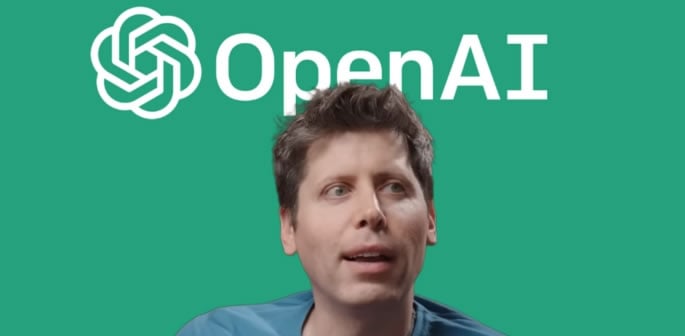"I think India should be one of the leaders of the AI revolution."
OpenAI CEO Sam Altman praised India’s rapid adoption of artificial intelligence (AI), calling the trend “amazing to watch”.
In a post on X, Altman said:
“What’s happening with AI adoption in India right now is amazing to watch.
“We love to see the explosion of creativity, India is outpacing the world.”
Altman’s praise comes after he reiterated India’s growing importance to OpenAI, both as a user base and a hub of innovation.
He said: “It’s our second biggest market. Tripled users here last year, but mostly seeing what people in India are building with AI at all levels of the stack, chips, models, you know, all of the incredible applications.
“I think India should be doing everything. I think India should be one of the leaders of the AI revolution.”
In February 2025, during a visit to New Delhi alongside Union IT Minister Ashwini Vaishnaw, Altman noted that OpenAI had tripled its Indian user base in the past year.
He also described India as “an incredibly important market for AI in general, for OpenAI in particular.”
This marked a shift from Sam Altman’s controversial comments during his 2023 visit when he called India’s ability to build a foundational model like ChatGPT “totally hopeless”.
He later clarified he was referring to the high costs of competing with established AI players.
Altman said: “That was a very specific time when there was a certain scaling thing. I still think that to stay on that frontier of pre-training models is expensive.
“We are now in a world where we made incredible progress with distillation.”
“These reasoning models in particular, it’s not cheap. It’s still expensive to train them, but it’s doable.
“I think that’s going to lead to an explosion of really great creativity and India should be a leader there.”
Addressing global concerns over AI development costs, especially in light of China’s DeepSeek platform, Sam Altman forecasted a steep fall in the cost of building intelligence models.
He said: “The cost for a given unit of intelligence, one year later, seems to fall by about 10x.”
Altman added that ongoing innovation would make AI development more efficient, requiring less hardware, while freeing up computing resources for other applications.






























































